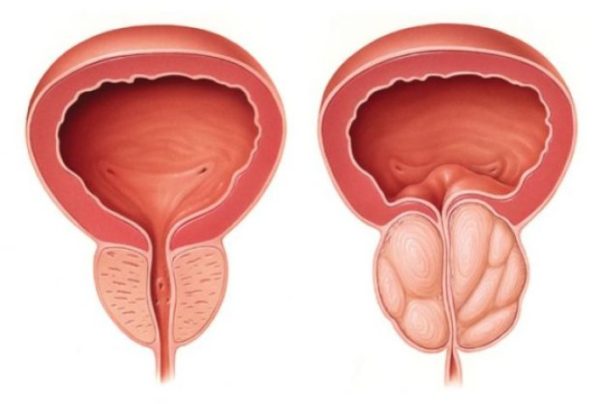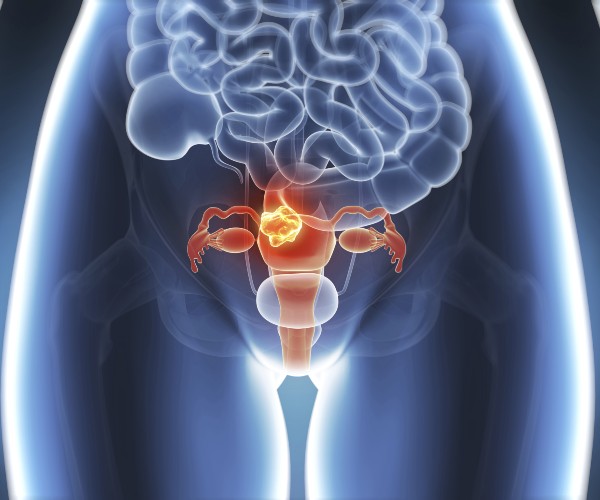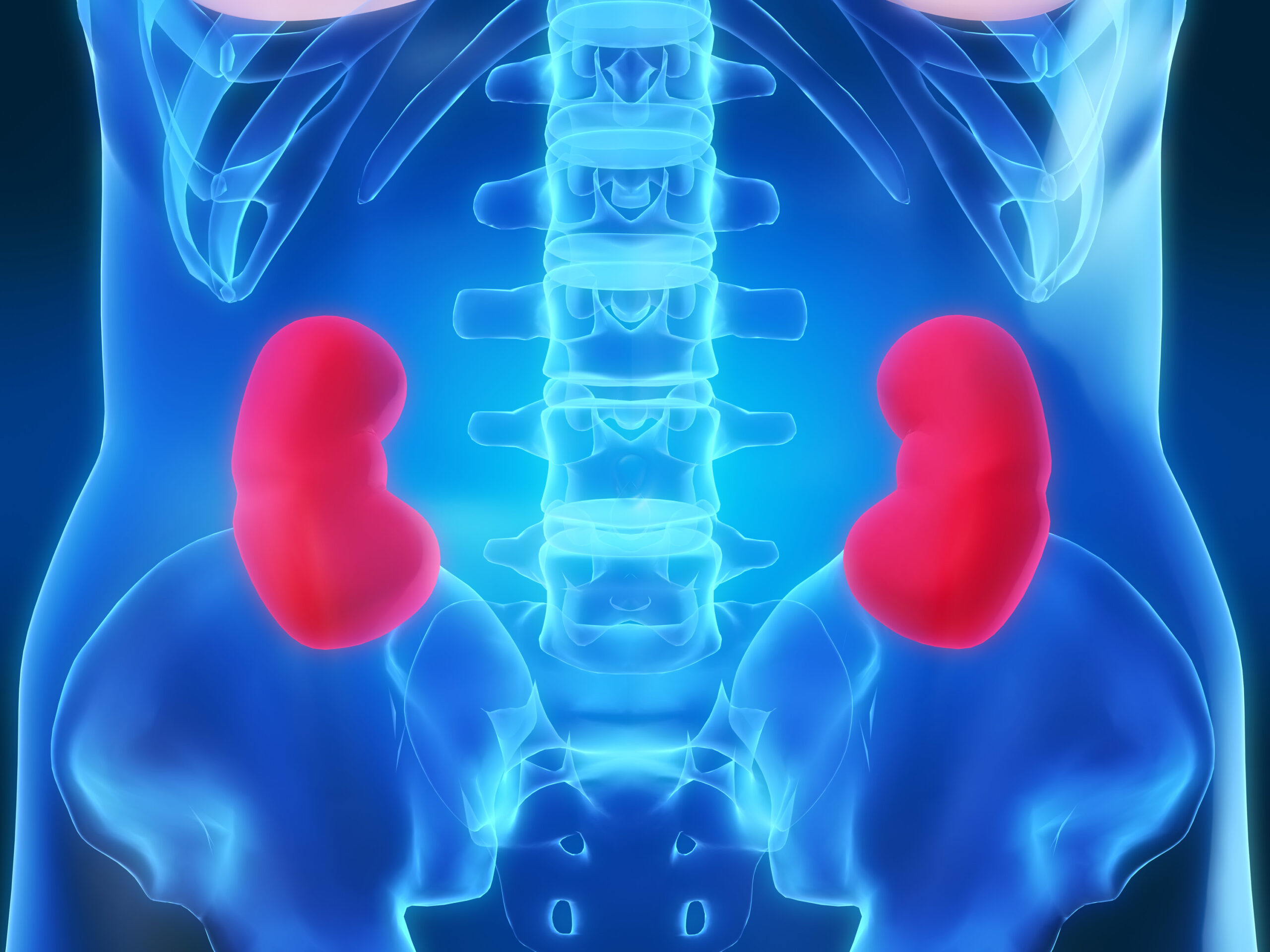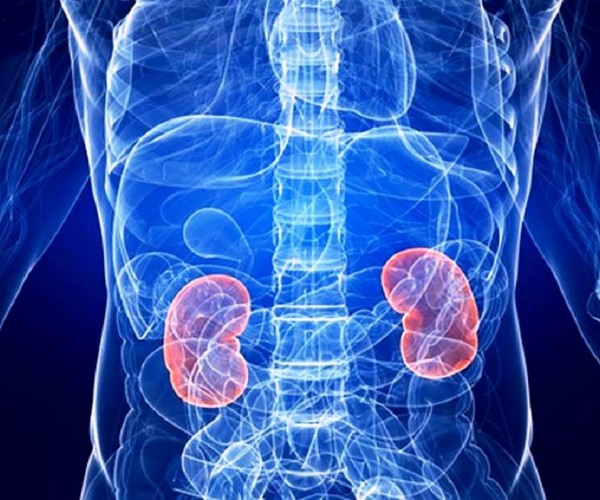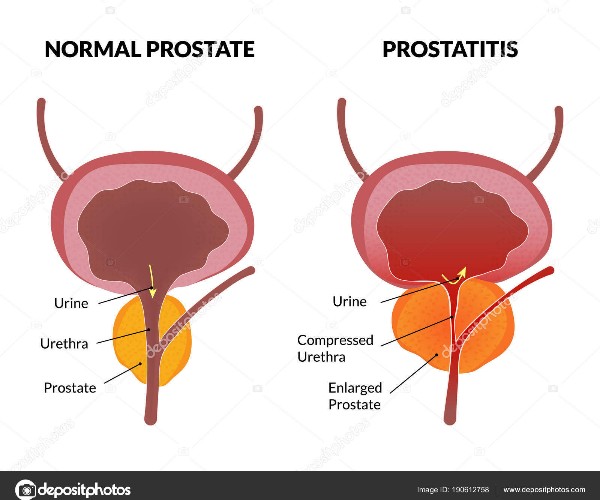Through history, women have always been accused of being the “cause” of male infertility. From the infamous case of Henry VIII repeatedly divorcing his “infertile” wives, to the millions of anonymous women over the centuries who have suffered insult and humiliation because of their alleged inability to bear children, the burden of procreation has always been shifted onto women’s shoulders. Today we know that infertility can also be due to male causes, which are normally investigated whenever a couple encounters problems in having children. Broadly speaking, the causes of male infertility can be divided into. three areas: the first includes the reduction in quality and quantity or the interruption in the production of spermatozoa in the testicles, the second concerns the pituitary gland dysfunction, which is unable to properly stimulate the testes (endocrine causes, are relatively rare and affect about 1 in every 100 patients); the third area concerns the obstruction of the seminal ducts which transport sperm to the epididymis and vas deferens.
| cause of infertility | diagnostic method | therapies | assisted reproductive techniques |
| varicocele | ultrasonography echodoppler spermiogram |
surgery | Intrauterine Insemination IUI In vitro fertilization: ICSI |
| infections | laboratory investigations spermioculture |
pharmacological | |
| immunological | antibody research | pharmacology | |
| hormonal deficits | hormonal investigations | hormonal investigations | In vitro fertilization:ICSI |
| genetic disorders | genetic investigations: karyotype, molecular analysis |
none | In vitro fertilization: ICSI |
| unexplained infertility | Exclusion of obvious causes with the investigations currently available | therapies vary depending on the disorder | In vitro fertilization: ICSI |
Source: Androweb










